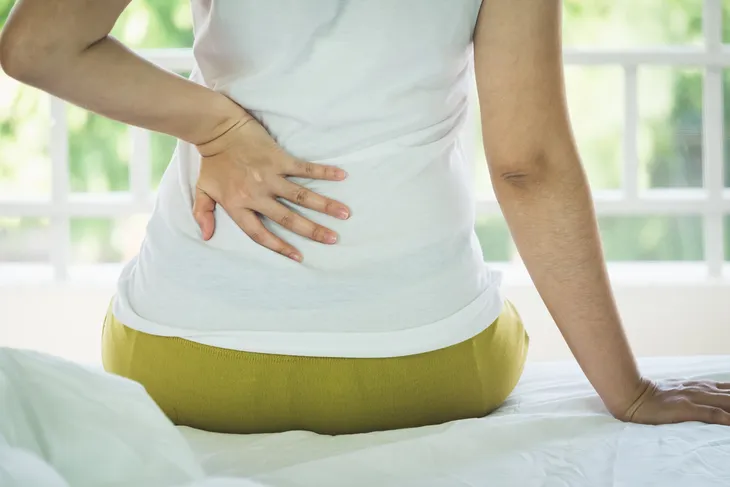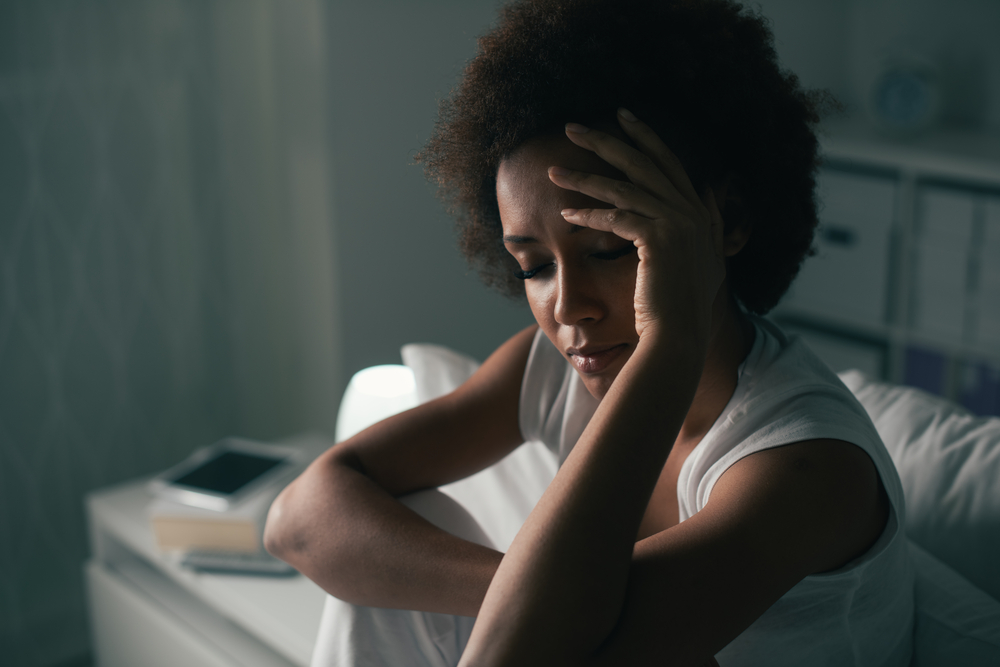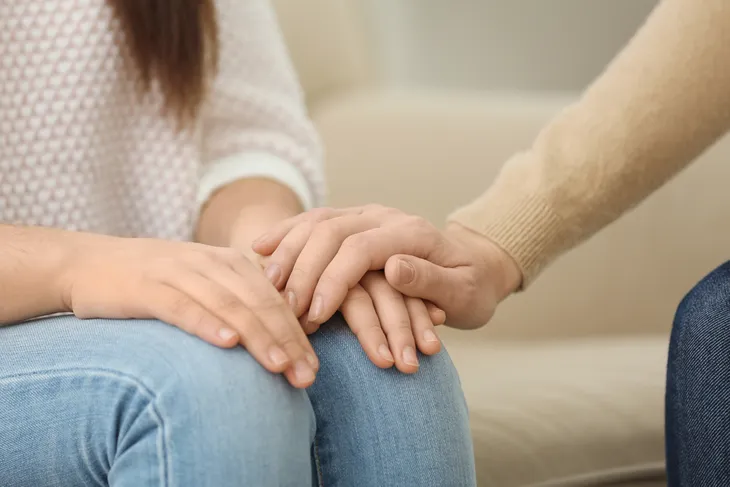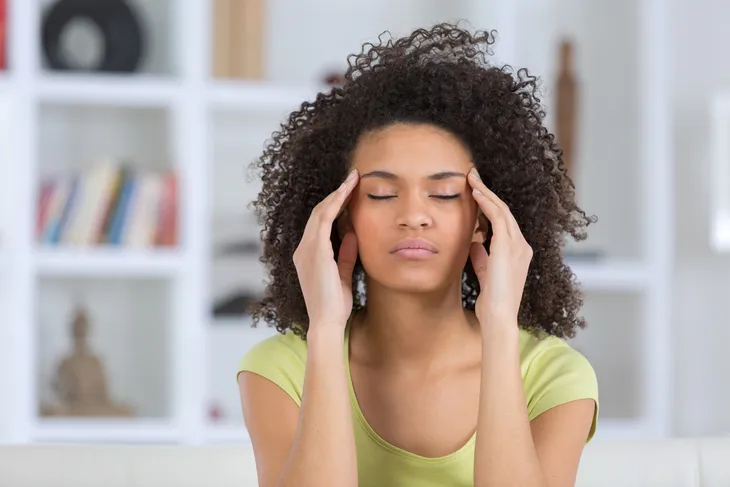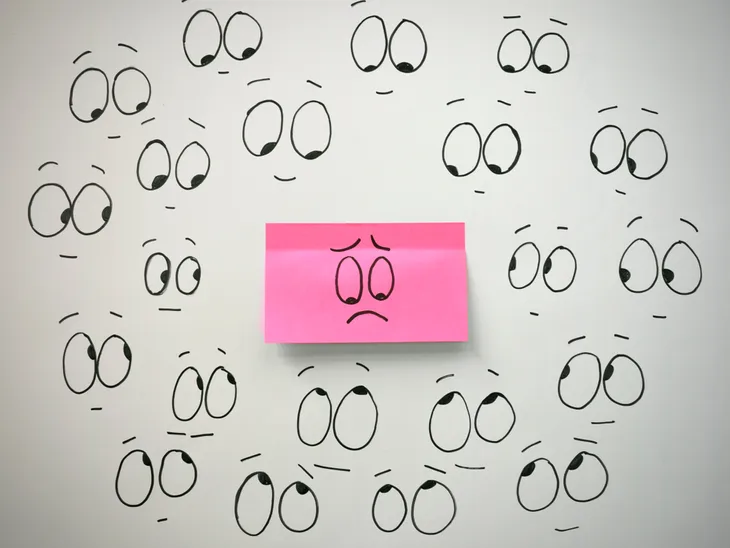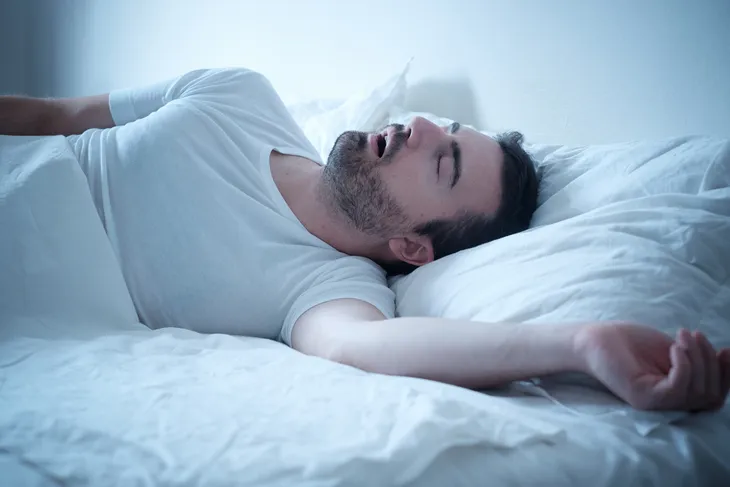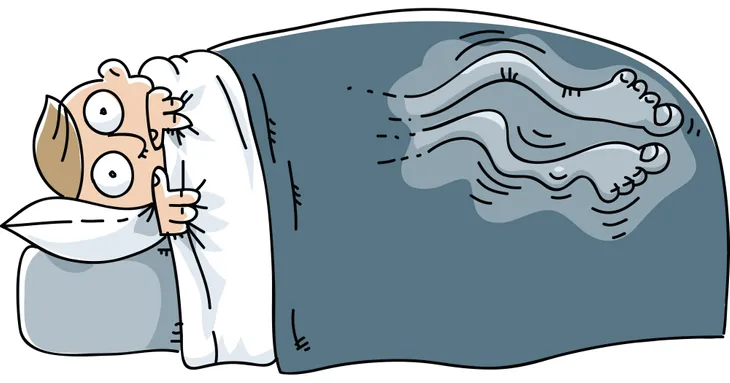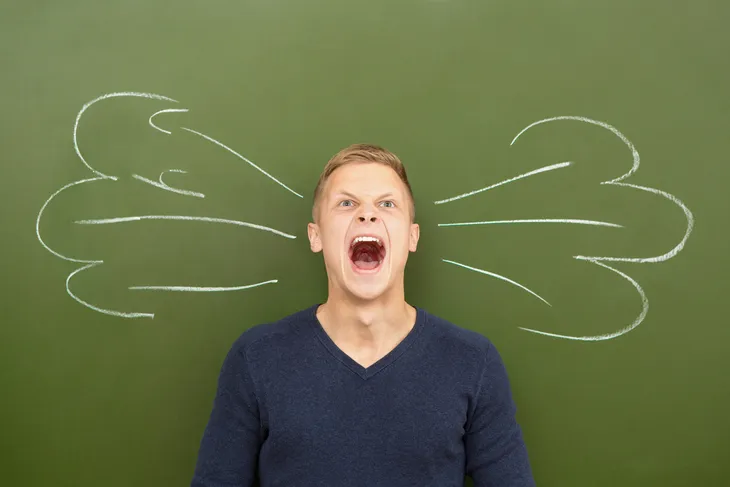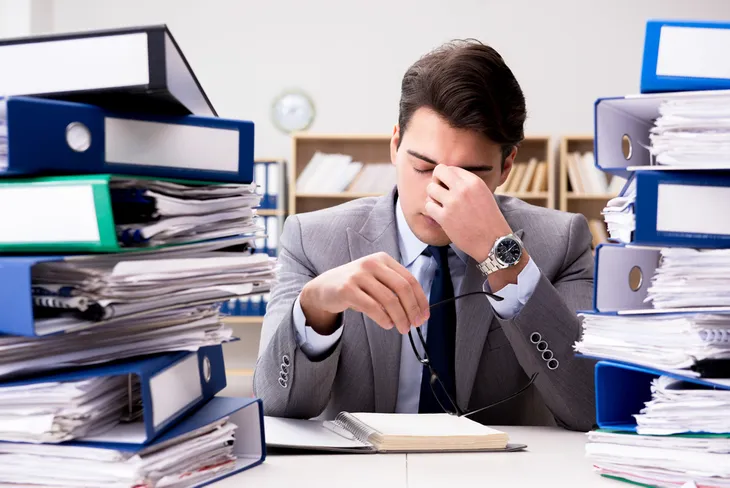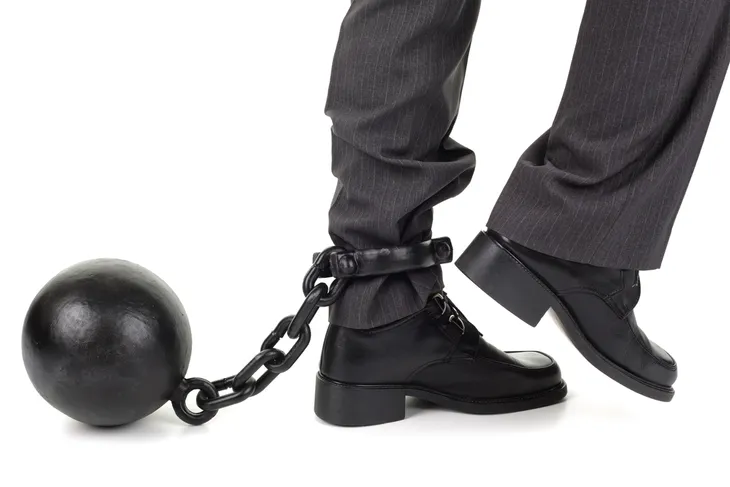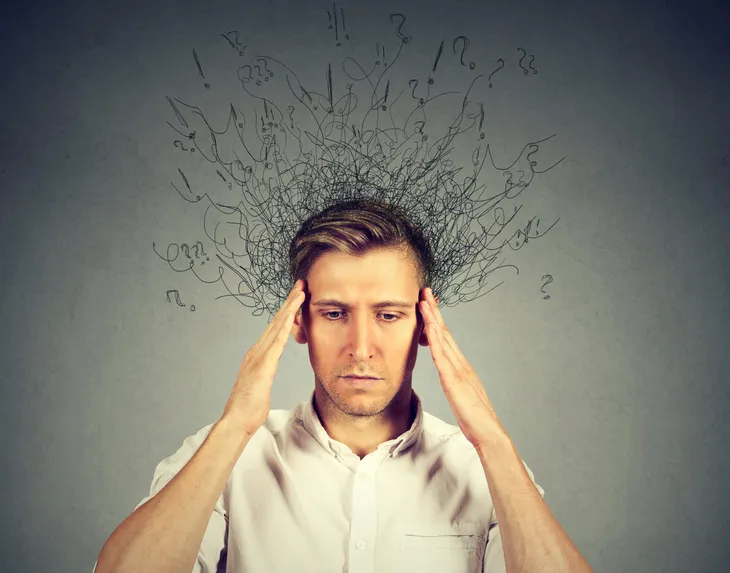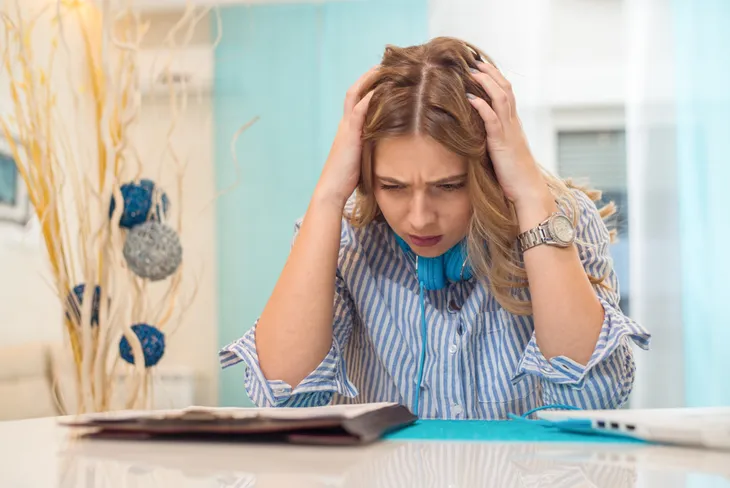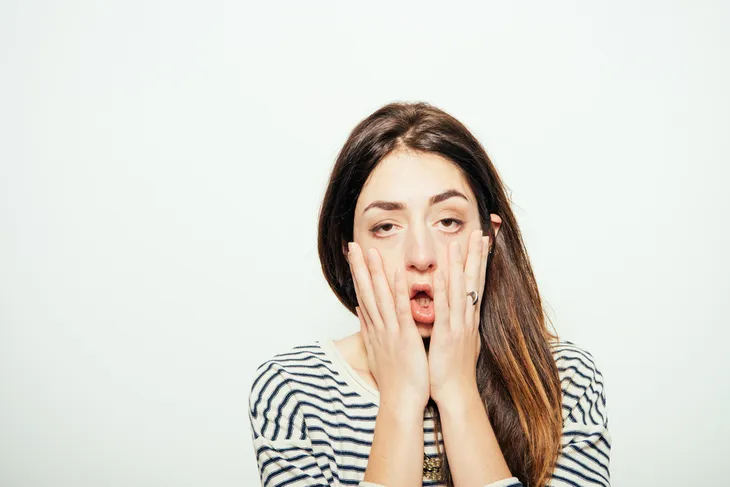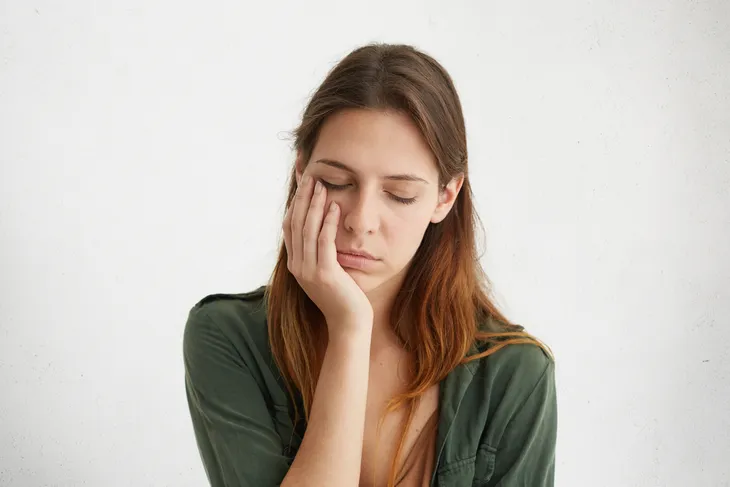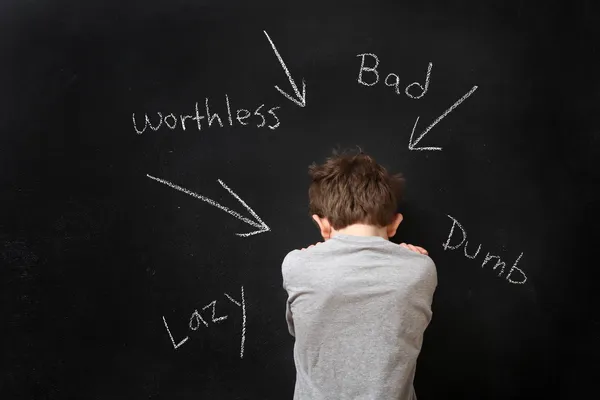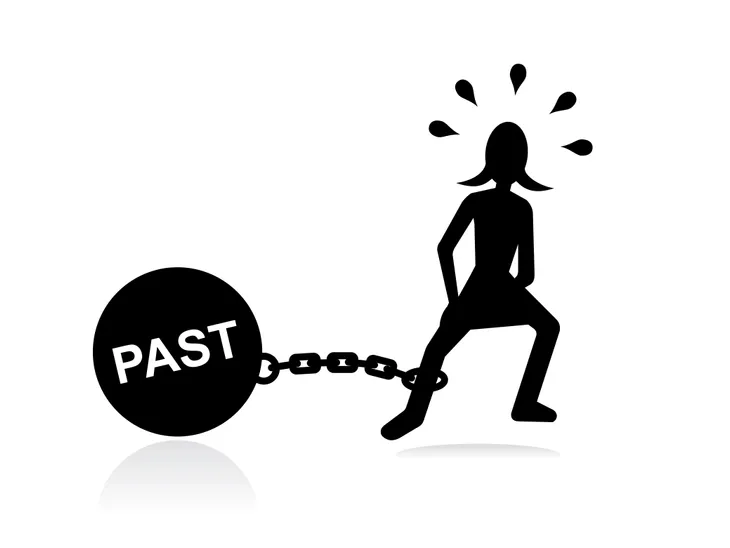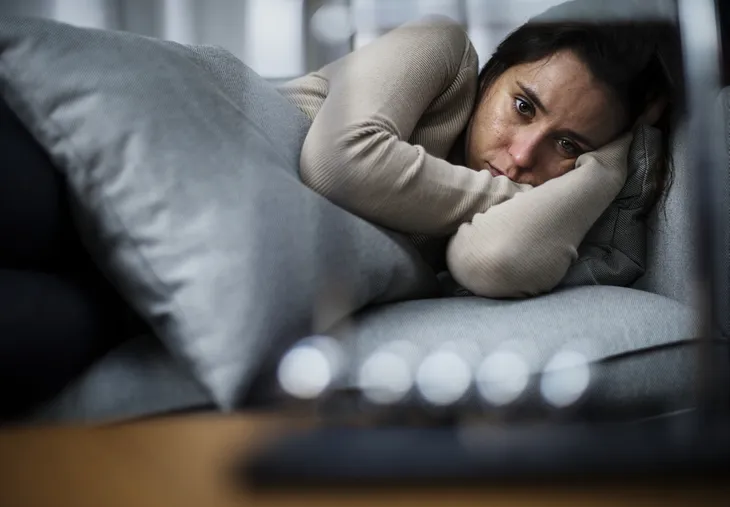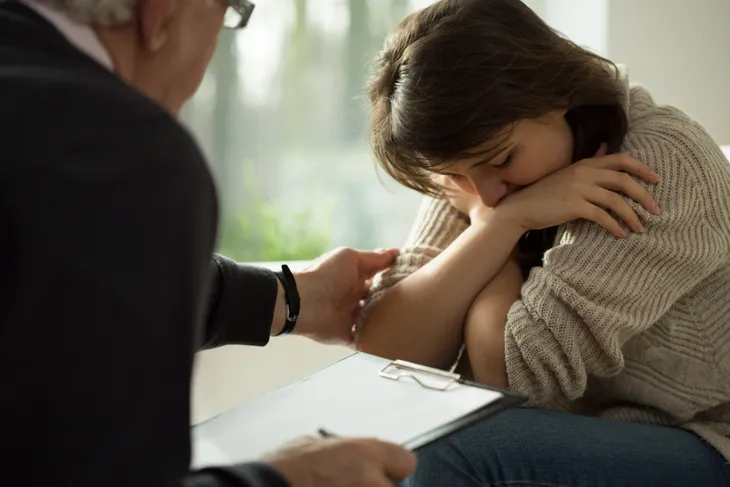Depression is much more than feeling sad. It is a mood disorder that can interfere with everyday life. According to medical experts, there are a number of types of depression including: major depression, atypical depression, persistent depressive disorder (formerly called dysthymia), postpartum depression, premenstrual dysphoric disorder, and seasonal affective disorder. Depression with mania is known as bipolar disorder, or manic depression.
Having untreated depression can put your life on hold for months, if not years. Major depressive disorder can also lead to thoughts of suicide. If you experience one or more of these symptoms, talk to your doctor. The 28 main symptoms of depression, as explained by mental health professionals, are…
Feelings of Sadness
People who are depressed are most often described as “sad.” They may feel overwhelming sadness and the inability to be happy. This feeling may penetrate every part of their daily activities.
Irritability
Some people who are depressed experience anger and irritability. These people may be unhappy about their life and activities in it. They may find faults in things and people that used to make them happy.
Frustration
Depressed individuals may get frustrated at simple things in their everyday life. It could be as small as finding nothing interesting on television. They may also become easily frustrated with themselves or loved ones.
Focusing On Small Matters
People who are depressed tend to focus on small issues that are inconsequential. These small problems may disturb them greatly. They may not be able to see the big picture.
Inability To Have Fun
Some people who are depressed seem to be unable to experience fun or enjoyment anymore. They may have a good time, but after the activity is ended, they are back in a poor frame of mind.
Reduced Sex Drive
Depressed individuals may experience physical symptoms, which can manifest in an inability to enjoy sex. Men may experience erectile dysfunction, and both men and women may experience decreased libido. They may not experience pleasure in the same way they used to.
Loss of Interest In Daily Activities
People who are depressed may lose interest in their normal, daily activities. This can be as simple as not wanting to go to work or school, and as dangerous as not wanting to take their medications.
Insomnia
Some people who are depressed spend their nights worrying and experience insomnia. They may resort to taking sleeping medication or drinking alcohol in order to try to get rest.
Excessive Sleeping
Conversely, depressed individuals may sleep excessively. They may not want to leave their beds and can spend hours lounging in bed. They may also fall asleep at inappropriate times.
Overeating
People who are depressed may overeat. Some people mistakenly console themselves with junk food, such as ice cream and fast food. This is because eating releases pleasure chemicals in the brain called endorphins and can provide the false belief of feeling better. This feeling doesn’t usually last very long.
Loss of Appetite
Conversely, some people who are depressed experience a loss of appetite. This may be from anxiety and feeling nauseous. They may also slip into destructive eating habits in an attempt to control part of their world.
Restlessness
Depressed individuals may feel restless, as if they want to do something but don’t know what it is. This symptom can show itself with foot tapping and twitches. Depressed individuals may also have a short attention span and move from activity to activity without fully enjoying any of them.
Angry Outbursts
People who are depressed may get angry without reason. They don’t understand what is happening to their mind and may feel helpless, which can manifest in angry outbursts at inappropriate times and to people who don’t deserve it.
Slowed Thinking
Some people who are depressed may have a delayed thinking process (e.g., quickly forgetting what they were going to say or do). For a youth, this can cause difficulties in the school setting, while for an adult, it can cause difficulties in the work setting.
Slowed Movements
Depressed individuals may also experience slowed movement, which is known clinically as psychomotor retardation. They may not walk as fast as they used to. If they used to be active, they may not exercise any longer.
Indecisiveness
People who are depressed may exhibit indecisiveness in their daily lives. They know that certain activities will or will not make them happy, so they cannot choose what to do and become indecisive.
Easily Distracted
Some people who are depressed get easily distracted. No activity holds their attention. They might spend hours watching television or surfing the internet when they should be working or focused on other tasks.
Decreased Concentration
Depressed individuals may show signs of decreased concentration. Studying may be particularly hard for those in an educational setting or those in a job setting. They may stare into space for hours instead of focusing on one task.
Fatigue
People who are depressed may experience great fatigue. This is complicated by sleep disturbances, such as insomnia. They may want to sleep, because they don’t have the will or energy to do anything else.
Loss of Energy
Some people who are depressed suffer a loss of energy, which may be different from fatigue. This could be physical, where they stop doing normal activities. It could also be mental and emotional, where they push away loved ones.
Feelings of Worthlessness
Depressed individuals may feel worthless and like no one loves them. They may feel like they contribute nothing to society and that people hate them. This can lead to more destructive thoughts, such as suicide.
Feelings of Guilt
People who are depressed may have overwhelming feelings of guilt, which could be about having a mental disorder or some other life struggle. They feel that their sadness places a burden on others. They may think that if only they were stronger, no one would have to suffer because of them.
Fixating on Past Failures
Some people who are depressed fixate on past mistakes and failures. They may be insignificant and as simple as burning dinner. However, these simple mistakes can be overwhelming for those with depression.
Trouble Remembering Things
Some people who are depressed have trouble remembering important information. They may forget big dates, such as birthdays and anniversaries, and holidays. They may even forget to eat and practice personal hygiene.
Crying for No Reason
Depressed individuals may find themselves crying for no reason. They may see a sad commercial on television and start crying. They may start crying during conversations with people. They may also start crying from no direct cause, but their own inner sadness.
Thoughts of Suicide
People who are depressed may start thinking about suicide. Their self-destructive thoughts can become extreme. If a person confides in you that they have thoughts of committing suicide, be sure to report it to their loved ones or urge them to talk to a medical professional.
Thoughts of Death
Some people who are depressed think not only of their own death but also the death of others. They may threaten others, or mention destructive activities. If you think a person is in danger of harming themselves or others, you may consider calling the police immediately.
Physical Pains
Depressed individuals may also experience physical pain brought on from their emotional pain. They may get sick more often, and feel a general malaise. They may experience headaches and migraines. They may also have constant muscle pain and stiffness.
